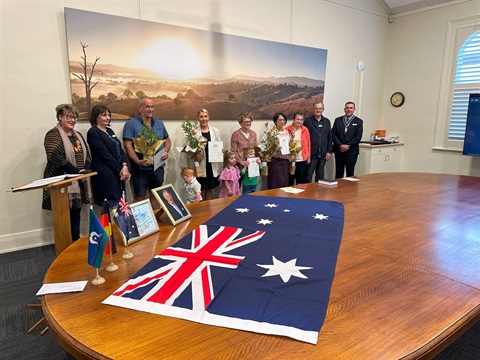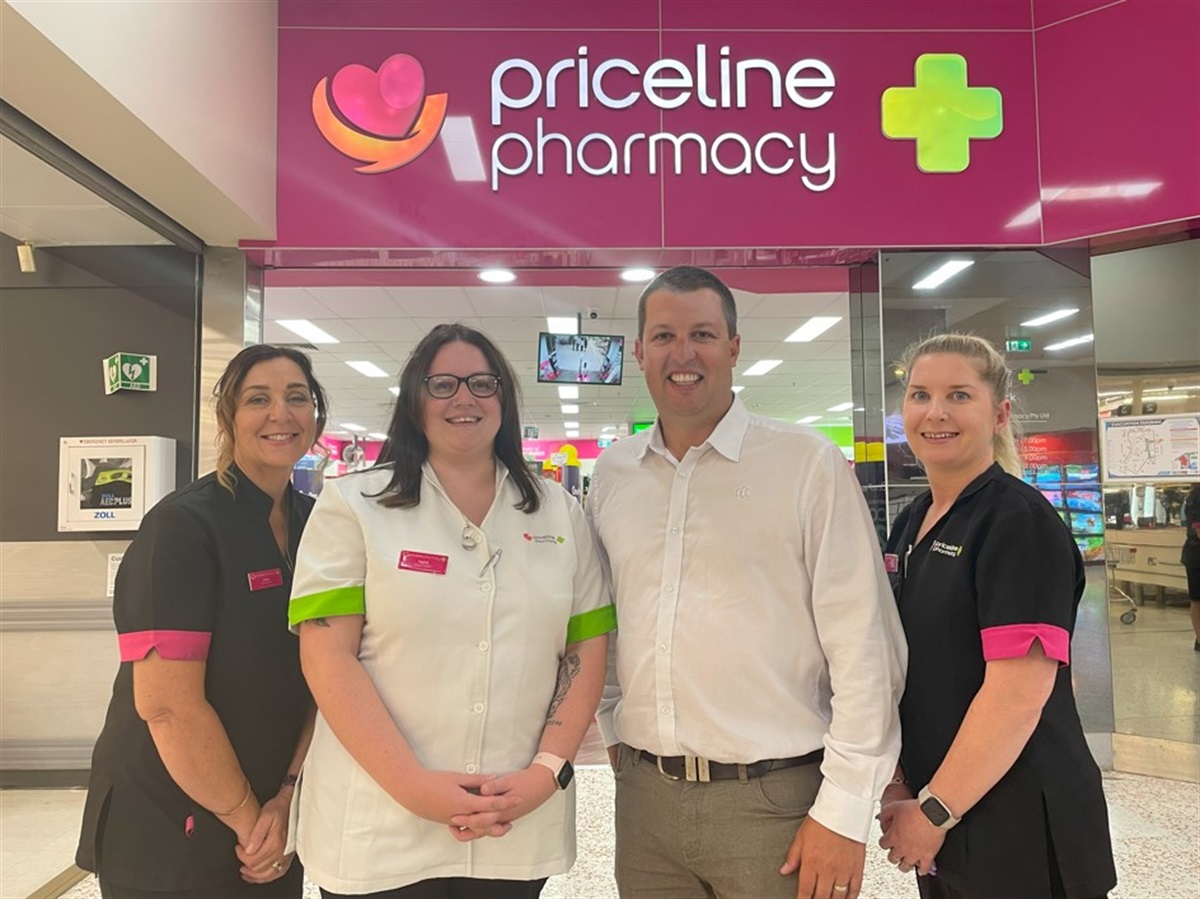Cornell has been awarded a $15 million, five-year grant from the National Science Foundation to lead a newly established Innovation Corps (I-Corps) Hub that will support science and technology entrepreneurship in rural regions.
The NSF I-Corps Hub: Interior Northeast Region (IN I-Corps) will officially launch Jan. 1, 2023. Cornell will oversee and support the administration of I-Corps regional courses and entrepreneurial curriculum in collaboration with nine partner institutions: Dartmouth College, Rochester Institute of Technology, Binghamton University, University at Buffalo, Syracuse University, University of Pittsburgh, University of Rochester, University of Vermont and West Virginia University.
The establishment of the new hub follows five years of related work through the Cornell I-Corps Site and regional Upstate New York I-Corps Node, also led by Cornell in partnership with RIT and the University of Rochester.
The Upstate New York (UNY) I-Corps Node, administered by the Center for Regional Economic Advancement (CREA), has provided inclusive entrepreneurship training to scientists to develop entrepreneurial skills and reduce the risk of commercializing their technology. It has graduated more than 885 deep technology research teams from 114 regional courses and sent 83 teams to the National I-Corps program.
The UNY Node has also developed a regional instructor-training program that focuses on culturally responsive teaching practices and coaching techniques. More than 125 instructors across the United States have taken this course to date.
The Interior Northeast region, stretching from New Hampshire to West Virginia, includes areas that are largely rural, economically underserved and working to restore economic vitality. The new hub will seek to create a cohesive ecosystem for education and workforce training designed for and by innovators in rural regions and small cities.
“The IN I-Corps Hub serves as a premier opportunity for deep-tech startup founders to learn the fundamentals needed to scale and grow in our oft-overlooked region of America,” said Tom Schryver, founding executive director of CREA and Hub director. “Our mission is to help innovators in these regions form new ventures and put down roots in rural areas and small cities, strengthening local economies and promoting the development of a highly skilled workforce.”
Sen. Charles Schumer (D-New York) said the funding will have a widespread impact on the region, with six IN I-Corps partner institutions spread throughout upstate New York.
“Upstate New York is primed to lead the nation in developing and building the innovation economy, and I am proud to deliver this $15 million federal investment to help bring next generation technology out of the lab, spur startups and create good-paying jobs,” Schumer said. “Cornell, working hand-in-hand with Upstate New York’s top research institutions, will strengthen the state’s research and innovation potential from Buffalo and Syracuse to Rochester and Binghamton.
“Federal investment like this is how we breathe new life into upstate New York and help re-establish the region as a global leader for innovation. In tandem with the historic funding I just led to passage in my CHIPS and Science Bill, and the largest-ever investment in fighting climate change through the Inflation Reduction Act, we can transform upstate’s economy and I will keep fighting to make sure Upstate workers secure good-paying jobs building our nation’s future,” he said.
Founded by the NSF in 2011, the I-Corps curriculum nationwide addresses the knowledge gap between technology-development skills and those needed to bring technology to market. Using the scientific method to inform business model design, STEM researchers participating in I-Corps courses work to connect with potential customers and ensure the solutions they’re developing fill a pressing market need.
“I-Corps is a transformative program for STEM entrepreneurs. It provides a tested structure for evaluating product-market fit that is essential for the success of technology-focused startups in essentially any area”, said Lynden Archer, the Joseph Silbert Dean of Engineering and James A. Friend Family Distinguished Professor in Engineering, who will serve as principal investigator of the IN I-Corps Hub.
“I am thrilled to see I-Corps grow in reach and breadth at Cornell and in our region,” Archer said. “The IN I-Corps Hub will play a key role in catalyzing the impact of the world-leading research in our region in solving society’s big challenges.”
Inclusivity is mission-critical to the hub’s approach to entrepreneurship. Hub leaders and partners will create opportunities to support innovators who are women, veterans, people of color and individuals with disabilities. This furthers the diversity and inclusivity mission of the UNY I-Corps Node, which has run courses in partnership with campus organizations including W.E. Cornell, which supports women entrepreneurs, and Cornell Black Entrepreneurs in Training since 2019.
“Helping people who are so often left out of startup formation and don’t always fit the typical stereotype of an entrepreneur is something I have been passionate about throughout my career,” said Deborah Streeter, professor emerita and faculty director of the Bank of America Institute for Women’s Entrepreneurship at Cornell. “In my experience, I-Corps can be a very effective platform to help level the playing field in the deep technology startup community, and I believe that our hub programming can lead the way for others to invite diverse innovators and instructors into the ecosystem.”
IN I-Corps will also receive nearly $1 million in matching funding support from Empire State Development’s Division of Science, Technology and Innovation (NYSTAR). The funds will support the administration of I-Corps regional courses held in conjunction with NYSTAR-certified incubators and Innovation Hot Spots throughout New York state.
“We are incredibly grateful for the support from NYSTAR to provide matching funding for this award,” Schryver said. “NYSTAR’s support will allow us to engage with even more deep tech innovators in our region, both amplifying our impact as a hub and shining a light on the entrepreneurship support and resources available throughout the state.”
Grace Collins is a marketing and communications coordinator for the Center for Regional Economic Advancement.









